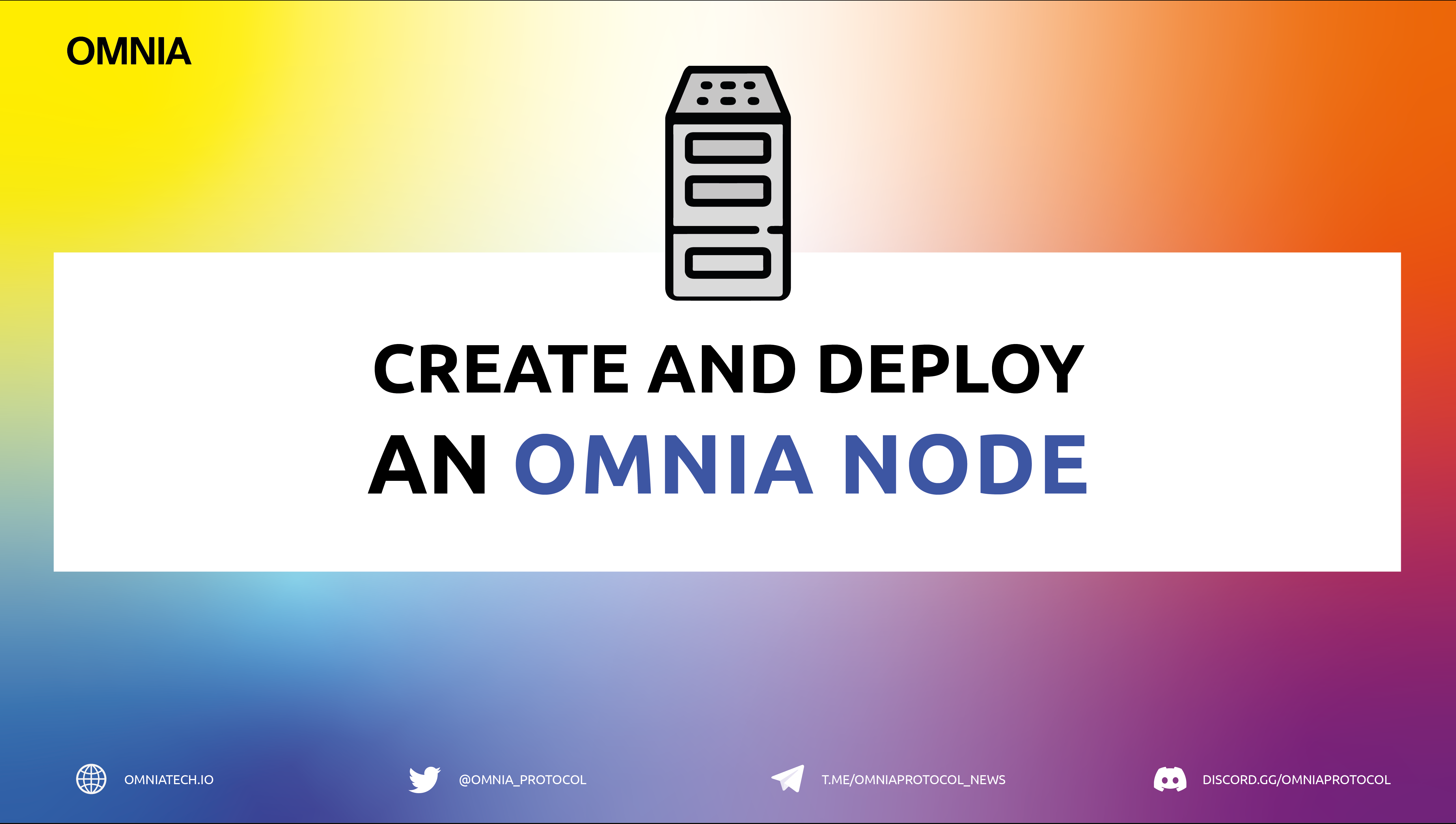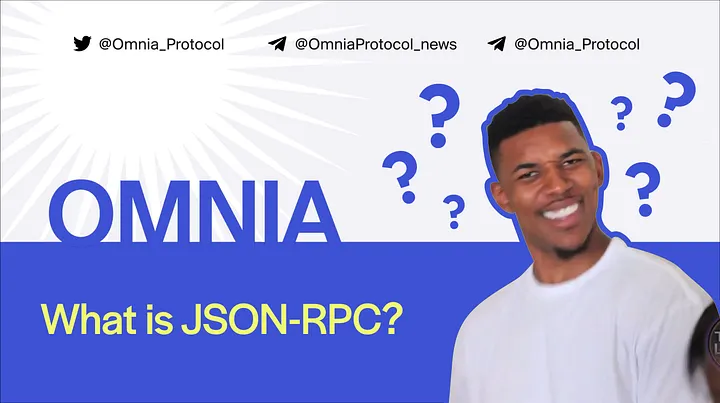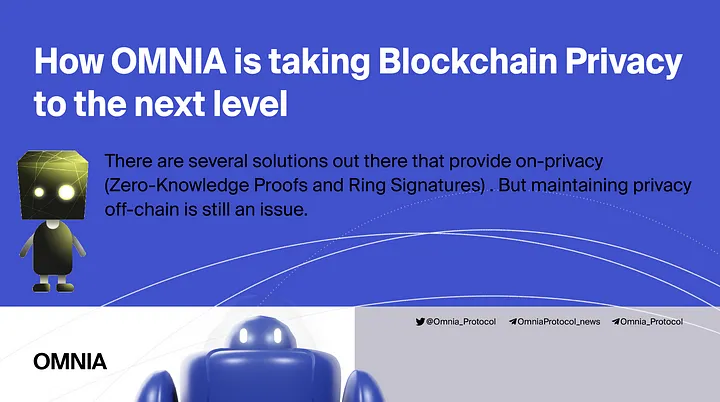RPC Nodes & Infrastructure
-
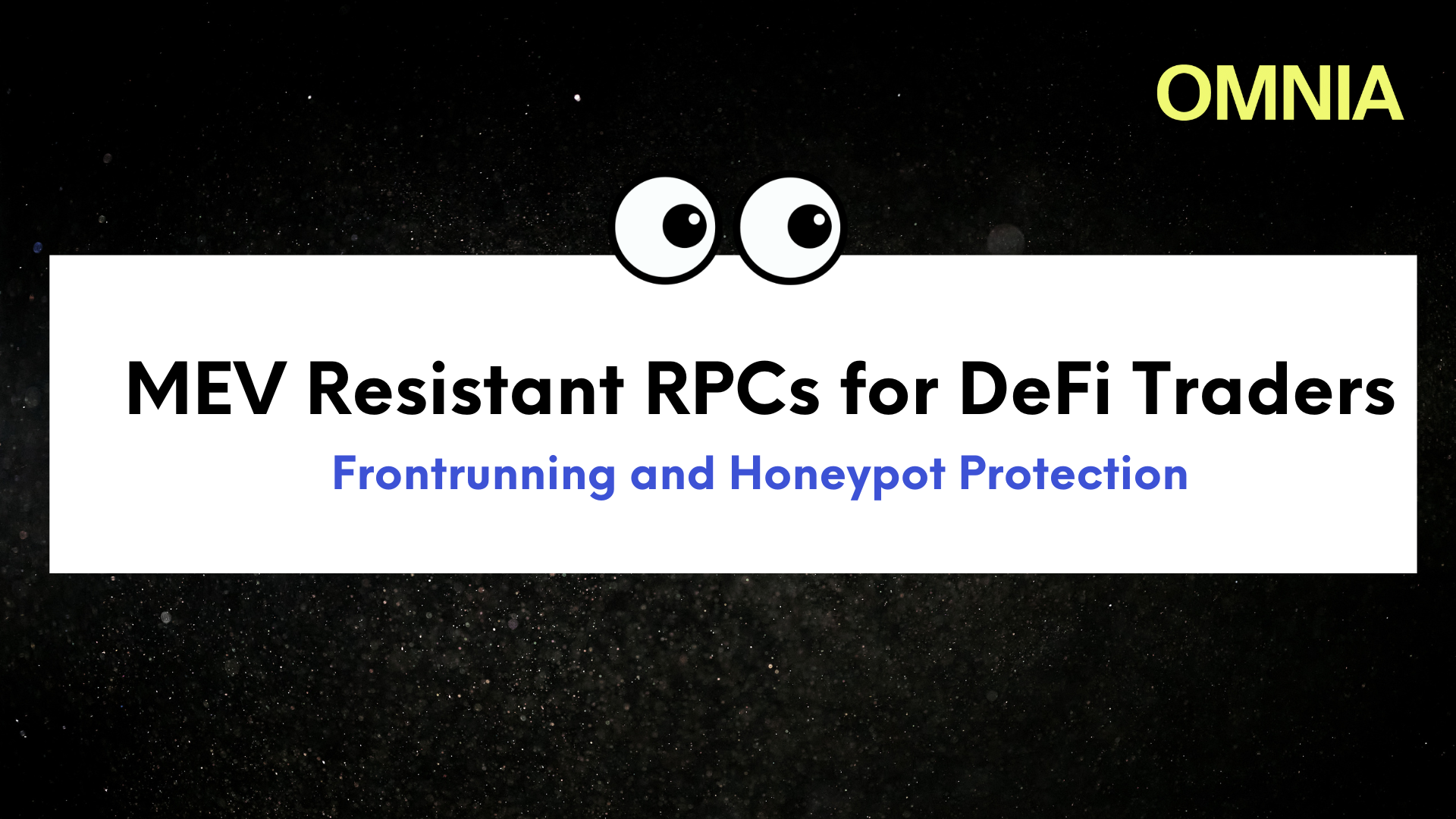
MEV Resistant RPCs for DeFi Traders
3 min read The DeFi landscape with all its innovation, is not without its challenges. DeFi traders have to navigate a myriad of complexities, from Maximal Extractable Value (MEV) bots, transaction failures, honeypot and frontrunning attacks to name a few. MEV refers to the potential profit MEV bots can make by manipulating the order of…
-
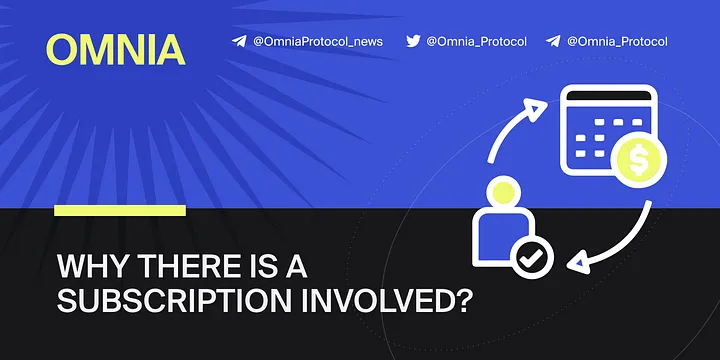
Why Is There a Subscription Involved?
2 min read The OMNIA Protocol’s infrastructure, consisting of blockchain nodes and privacy relayers which act as decentralized API gateways for accessing blockchains, involves a subscription plan for users. This article will dig into why there’s a subscription involved. First, let’s define the type of service OMNIA Protocol offers. OMNIA offers increased privacy and security…
-
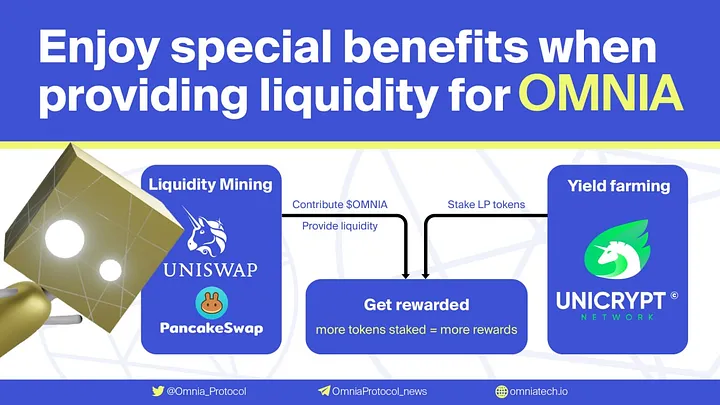
Why Should I Add Liquidity on OMNIA Token on Decentralized Exchanges?
2 min read Any successful token in the cryptocurrency space needs as much liquidity as possible on the market to allow existing token holders to cash out or increase their positions and enable large investments to be made without affecting its price heavily. OMNIA, just like any other token, also has liquidity needs that can…
-
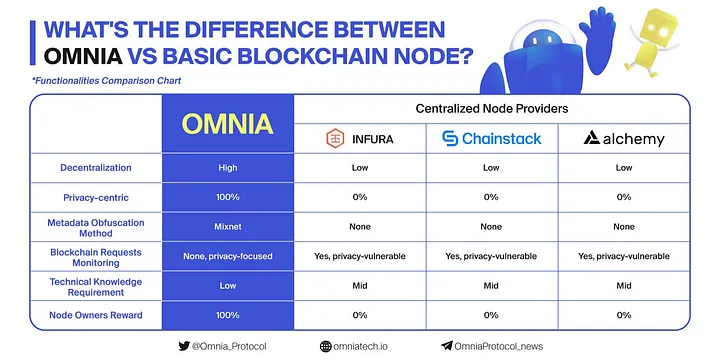
What’s the difference between OMNIA vs. basic blockchain nodes?
3 min read As blockchain technology and cryptocurrencies continue taking the world by storm, we are slowly laying building blocks to a future of complete decentralization. And yet, it is still a reality that one centralized entity controls a large portion of the blockchain: AWS holds around 61.6 percent of Ethereum nodes and even controls 32 percent…
-
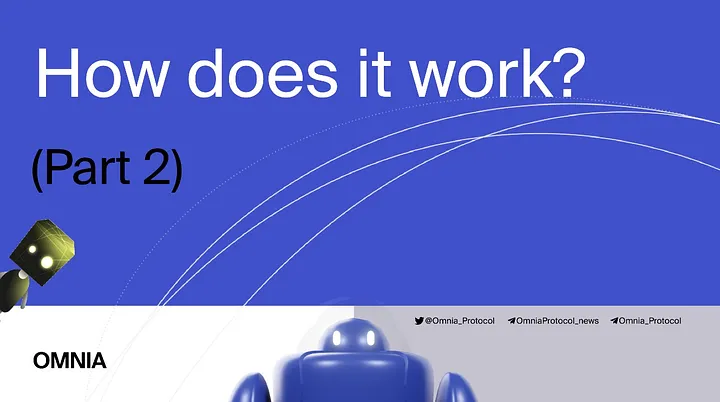
Omnia Protocol — How does it work ? (Part 2)
4 min read Omnia Protocol is a decentralized infrastructure protocol for securely accessing the blockchain so that no single point of failure will ever disrupt blockchain applications or wallets integrating with it. At the same time, it allows anyone to earn rewards by hosting and maintaining a node on a specific blockchain. The purpose of the Omnia…
-
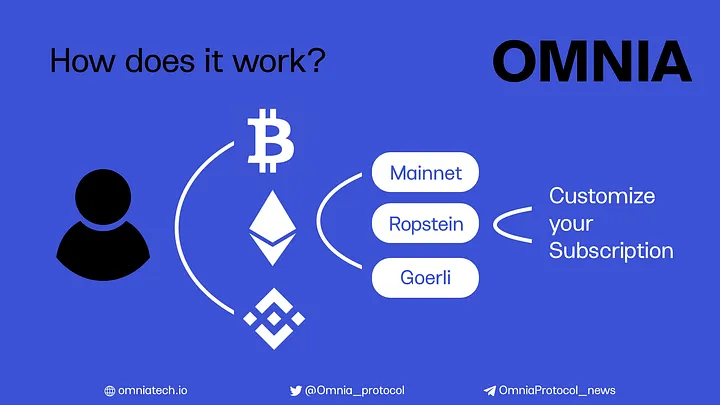
Omnia Protocol — How does it work ? (Part 1)
2 min read First things first — Omnia’s infrastructure consists of blockchain nodes and privacy relayers which act as decentralized API gateways for accessing the blockchain. Node owners can register their nodes through a simple-to-use web interface provided by Omnia. Consequently, these nodes are indexed by the relayers who leverage mixnets to protect privacy. The users of Omnia can customize…
-
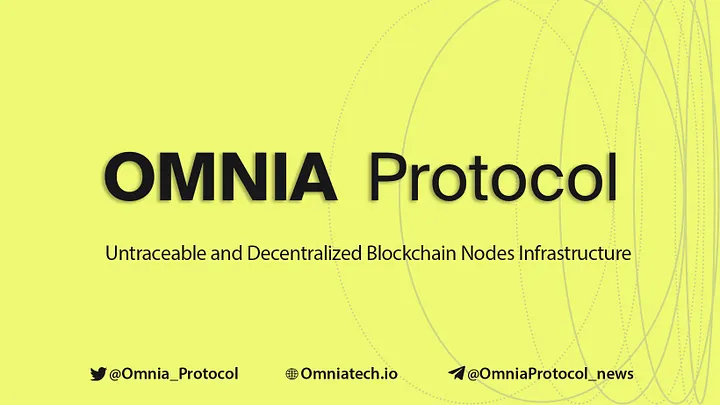
How is OMNIA Better ?
3 min read Untraceable and Decentralized Blockchain Nodes Infrastructure Before making any comparison, it is important to understand the point of reference. This is mainly composed of two aspects: privacy and the infrastructure architecture — centralized/decentralized. Node providers status quo Nowadays, access to blockchain infrastructure is concentrated in the hands of a few corporations. These corporations provide some of the biggest…
-
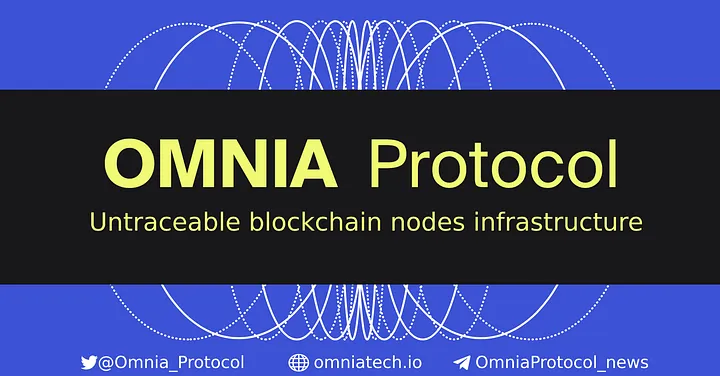
OMNIA Protocol
3 min read Privacy-first access to blockchains Nowadays, access to blockchain infrastructure is concentrated in the hands of a few corporations. For example, almost 90% of decentralized applications and critical systems running over Ethereum are connected to the same node provider, leaving them at a high risk of becoming unavailable. It happened in November 2020,…
